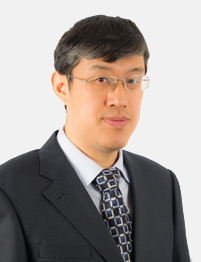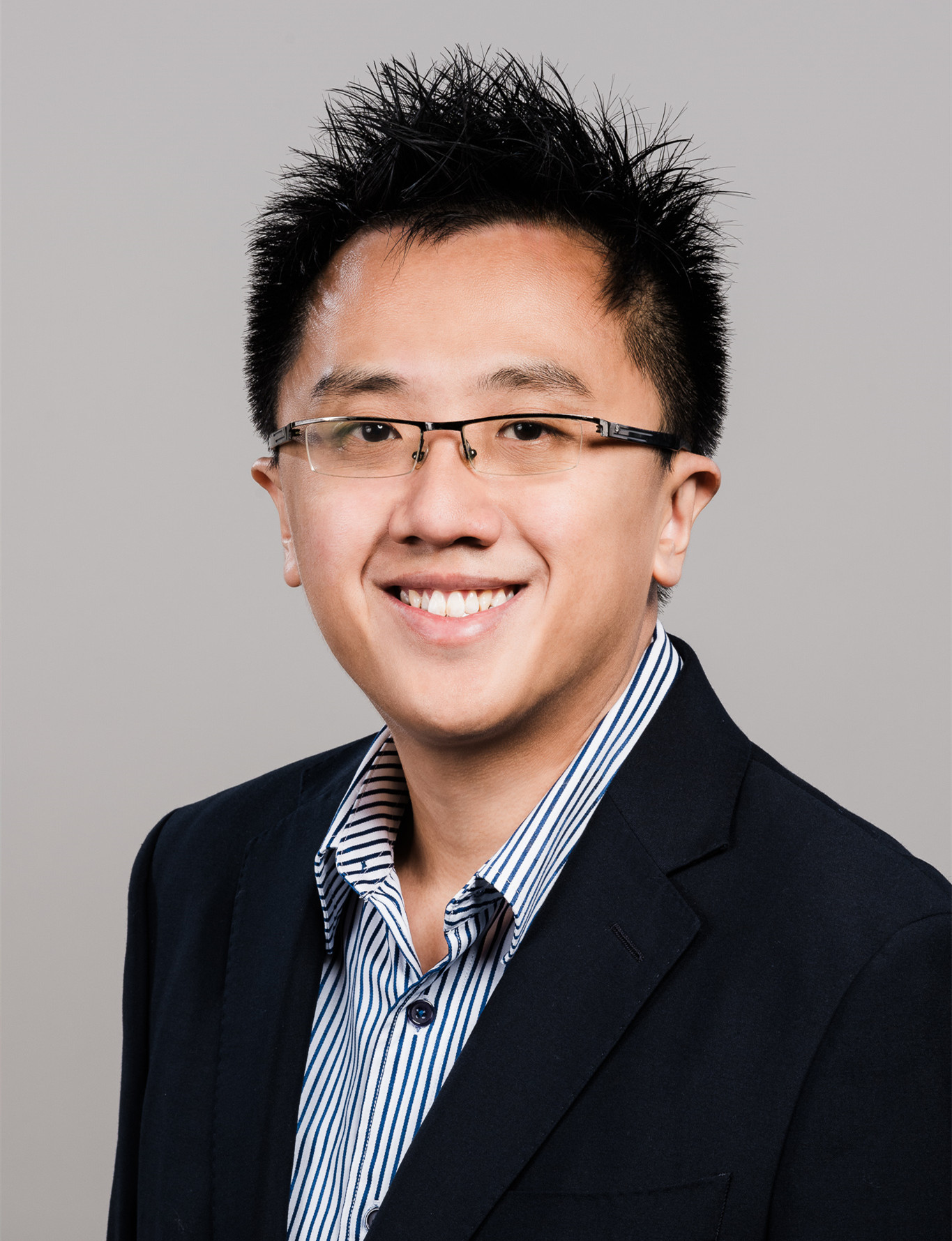
Li Xiaoli is the Department Head and a Senior Principal Scientist at the Institute for Infocomm Research, A*STAR, Singapore. He also holds an adjunct Full Professorship at the School of Computer Science and Engineering, Nanyang Technological University. His research spans AI, data mining, machine learning, and bioinformatics. With over 370 peer-reviewed publications and more than ten best paper awards, Xiaoli is widely recognized for his impactful contributions to the field. He serves as Editor-in-Chief of the Annual Review of Artificial Intelligence and as Associate Editor for top-tier journals including IEEE Transactions on Artificial Intelligence and Knowledge and Information Systems. Xiaoli has also held leadership roles at premier conferences such as AAAI, IJCAI, NeurIPS, ICLR, KDD, and ICDM. Beyond academia, Xiaoli has led over 10 major R&D projects in collaboration with leading industry partners in aerospace, telecommunications, insurance, and professional services. He is an IEEE Fellow and a Fellow of the Asia-Pacific Artificial Intelligence Association (AAIA). Xiaoli has been named among the world’s top 2% scientists in AI by Stanford University and is a Clarivate Highly Cited Researcher.

Minho Jo (Senior Member, IEEE) received the B.A. degree
from the Department of Industrial Engineering, Chosun University, Gwangju,
South Korea, in 1984, and the Ph.D. degree from the Department of Industrial
and Systems Engineering, Lehigh University, Bethlehem, PA, USA, in 1994.He
is the Full Professor with the Department of Computer Convergence Software,
Korea University, Sejong, South Korea, where he is the Director of the IoT &
AI Lab. Prof. Jo is the Director of Brain Korea 21 "IoT Data Science"
supported by the Korean government. Prof. Minho Jo is named in the 2024
World’s TOP 2% Scientists List, which is made by Stanford University and
Elsevier. His current research interests include IoT, blockchain,
LLM/ChatGPT, artificial intelligence and optimization theory, big data,
network security, cloud/edge computing, wireless energy harvesting, and
autonomous vehicles. The average number of citations per publication
authored by Prof. Minho Jo (from 2013 through 2022) is 41.7 and Average
Field-Weighted Citation Impact (FWCI) of Prof. Minho Jo (from 2013 through
2022) is 4.42 (based on SCOPUS SciVal. Exactly FWCI = 1 means that the
output performs just as expected for the global average. FWCI = 4.42 means
342% more cited than the global average.)
Prof. Jo is a recipient of the 2018 IET Best Paper Premium Award by the
United Kingdom's Royal Institute of Engineering and Technology. He was
awarded with 2011 Headong Outstanding Scholar Prize. He is one of the
founders of the Samsung Electronics LCD Division. He is the Founder and the
Editor-in-Chief of KSII Transactions on Internet and Information Systems
(SCIE/JCR and SCOPUS indexed. https://itiis.org). He was the South Korea's
Presidential Commission on Policy Planning. He served as an Associate Editor
of IEEE SYSTEMS JOURNAL, IEEE ACCESS, IEEE INTERNET OF THINGS JOURNAL,
Editor of IEEE WIRELESS COMMUNICATIONS, and Editor of NETWORK, respectively.
Prof. Minho Jo is the Chair of the 5th IEEE International Conference on
Advanced Information and Communication Technologies (AICT 2023), and the
General Co-Chair of VTC2021-Fall (2021 IEEE 94th Vehicular Technology
Conference), respectively.

In 2010, Chiang Liang graduated with First Class Honours
in Bachelor of Electrical & Electronic Engineering from Nanyang
Technological University (NTU). His exceptional performance earned him the
highly coveted Singapore EDB Integrated Circuit Design PhD Scholarship to
pursue his PhD at NTU. In 2014, Chiang Liang was awarded his PhD Degree in
Electrical & Electronic Engineering in which he delved deeply into power
management units, AI, sensors and energy harvesting systems. He also served
as an NTU undergraduate tutor and teaching assistant for NTU-TUM Master
courses. In 2014, Chiang Liang joined the Ministry of Défense, Mindef DSO
National Lab as a senior member of technical staff. Here, he spearheaded
several state-of-the-art projects, earning acclaim with the prestigious
Design Innovation Award (Individual) at the Electronics division level.
Chiang Liang was invited to be the Adjunct Professor (Faculty Member) at
Singapore University of Social Sciences (SUSS), where he teaches electronics
courses with passion. In 2021, Chiang Liang was bestowed with the
prestigious Gold Medal Award for Teaching Excellence (University level) at
SUSS.
In 2020, Chiang Liang joins the Newcastle Australia Institute of Higher
Education as a lecturer and program coordinator for the Bachelor of
Electrical and Electronic Engineering (BEEE). His influence extends far
beyond the classroom, as evidenced by his exclusive invitation to the
Channel News Asia (CNA) Money Mind programme in May 2021, where he shared
his expertise on blockchain technology and sustainable energy solutions. In
Nov 2021, he receives the Best Paper award at the 3rd ICESA. Chiang Liang
also serves as chairman for the STEM Industrial Advisory Board Committee and
a committee member for the PEI Exam Board Council. His expertise is sought
after on the international stage, with invitations as keynote/plenary
speaker and local organising chair for GMASC 2023, MSM 2024, CCCN 2024, ASET
2024, ACEE 2024 and PCDS 2024. Furthermore, he is in the technical program
committee for ICET 2024, ITET 2024, ICICDT 2024, TENCON 2024 and RASSE 2024.
He is also the chairperson and moderator for WES 2023, session chair for
AGBRP 2024, TENCON 2024 and ISCAS 2024. He also serves as the publicity
chair for MCSoC 2024 and RASSE 2024. Recently, he also serves as the special
session chair and co-trainer for workshop titled “Modern Technologies for
Sustainability and Asset Management” in McSOC 2024. In July 2024, he is
appointed to the Topical Advisory Panel for MDPI Electronics, Circuit and
Signal Processing Section. He also serves as guest editor and reviewer for
esteemed Q1/Q2 ranking journals such as MDPI Sensors/Electronics/Applied
Sciences, IEEE Access, Circuits, Systems, and Signal Processing and IEEE
Transactions on Industrial Electronics. Till date, he has been awarded
research funding of more than S$240K in both PI and co-PI capacity. With
over 50 publications in Q1/Q2 ranking journals, top conferences, and several
book chapters, Chiang Liang's scholarly impact continues to reverberate
across the global engineering landscape.